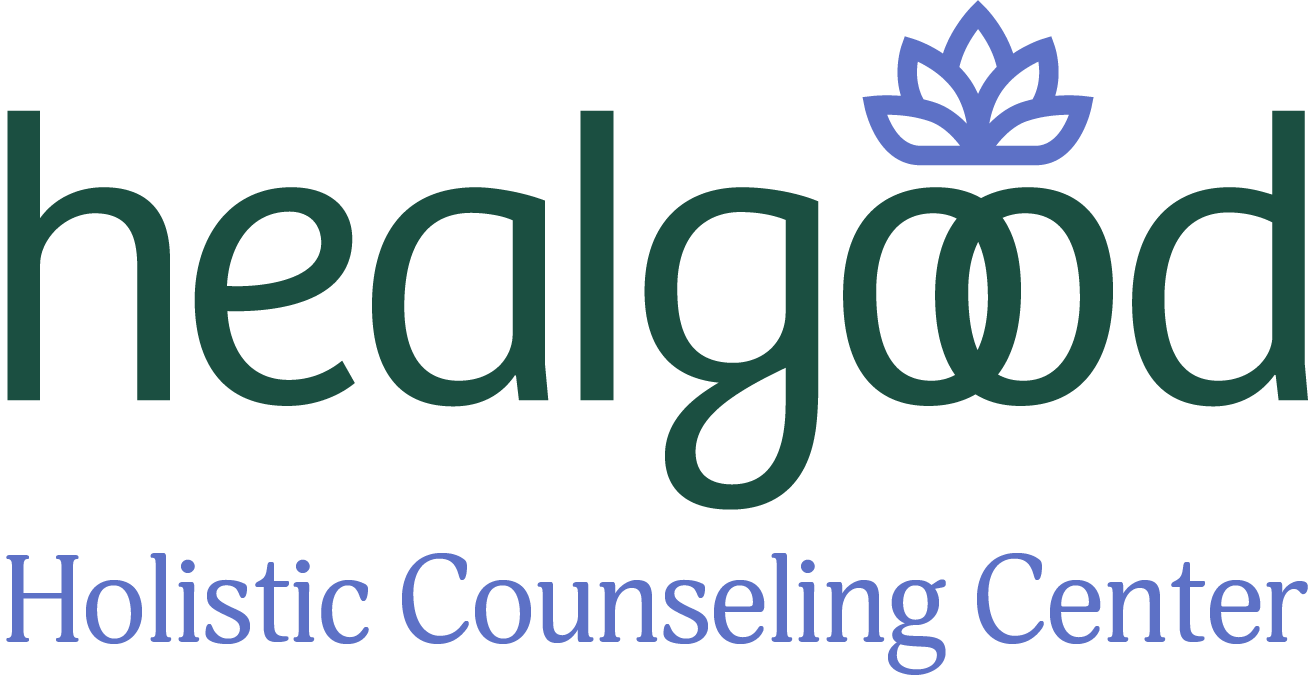Navigating Eating Disorders in the Perinatal Period
By Chelsea Fielder-Jenks, MA, LPC-S, CEDS-S, PMH-CThe perinatal period, which includes pregnancy and the time after giving birth, is a time when women experience many changes physically and emotionally. Some women might also struggle with eating disorders during this time. In this blog post, we'll talk about the unique challenges of eating disorders during pregnancy and after giving birth, and offer support and resources for women and their loved ones.
Understanding Eating Disorders in the Perinatal Period
Eating disorders like anorexia nervosa, bulimia nervosa, and binge eating disorder are serious mental health conditions. While we often think of them as affecting teenagers and young adults, they can also occur during pregnancy and the postpartum period.
Pregnancy can make existing eating disorder symptoms worse or cause new ones to develop. The changes in the body and hormones during pregnancy, along with pressure from society to have a certain body type or “bounce back” from pregnancy, can make women feel more anxious, guilty, or ashamed about their bodies, food, weight, and parenting decisions.
After giving birth, the hormonal changes, lack of sleep, and new responsibilities of caring for a baby can also be difficult for women with eating disorders. The stress of being a new mom can make eating disorder behaviors worse as women try to live up to unrealistic standards of how they should look and take care of their baby.
Continuing Education For Professionals
Learn more about Perinatal Mental Health and Identifying Eating Disorders in the Perinatal Period with Healgood’s Continuing Education Courses.
Supporting Women with Eating Disorders in the Perinatal Period
It's important to give understanding and comprehensive support to women dealing with eating disorders during pregnancy and after giving birth. Healthcare providers like doctors, midwives, doulas, and mental health professionals play a big role in identifying and helping women with eating disorders.
During regular check-ups before and after birth, healthcare providers should ask about eating habits, body image concerns, and any history of eating disorders. Finding out about these issues early on can help women get the support they need and reduce the chances of problems for them or their baby.
Treatment plans for pregnant or postpartum women with eating disorders might include things like regular medical check-ups, talking to a therapist who specializes in eating disorders and the perinatal period about feelings and behaviors, getting nutritional support from a Registered Dietitian who specializes in eating disorders and the perinatal period. Having a collaborative team of healthcare providers, therapists, dietitians, and other supports such as doulas and lactation consultants, can give women and their families the best support possible.
Connecting with other women who have been through similar experiences can also be helpful. Support groups, online communities, and local resources can offer understanding and encouragement for women dealing with eating disorders during pregnancy and after giving birth.
Promoting Perinatal Mental Health and Well-being
At Healgood Holistic Counseling Center, we understand how eating disorders can affect women during pregnancy and after giving birth. Our caring team of therapists who specialize in both eating disorders and the perinatal period are here to give personalized support and evidence-based treatments to women and their families.
If you or someone you know is struggling with an eating disorder during pregnancy or after giving birth, remember that help is available. Contact us today to schedule a consultation or appointment and take the first step toward feeling better.
Together, we can help women and families navigate the challenges of eating disorders during the perinatal period and promote mental health and well-being for everyone involved.
Additional Resources
Postpartum Support International:
Call the PSI HelpLine: 1-800-944-4773 - #1 En Español or #2 English
Text “Help” to 800-944-4773 (EN) | Text en Español: 971-203-7773
Download “Connect by PSI” in your app store.
National Maternal Mental Health Hotline (US only) - 60 Languages
Global Resources: https://wmmhday.postpartum.net/share-your-project/
PREGNANCY AND POSTPARTUM HEALTH ALLIANCE OF TEXAS - https://www.pphatx.org/
Find a MMH specialist (PMH-C) in the Austin area: https://www.pphatx.org/kristis-list


